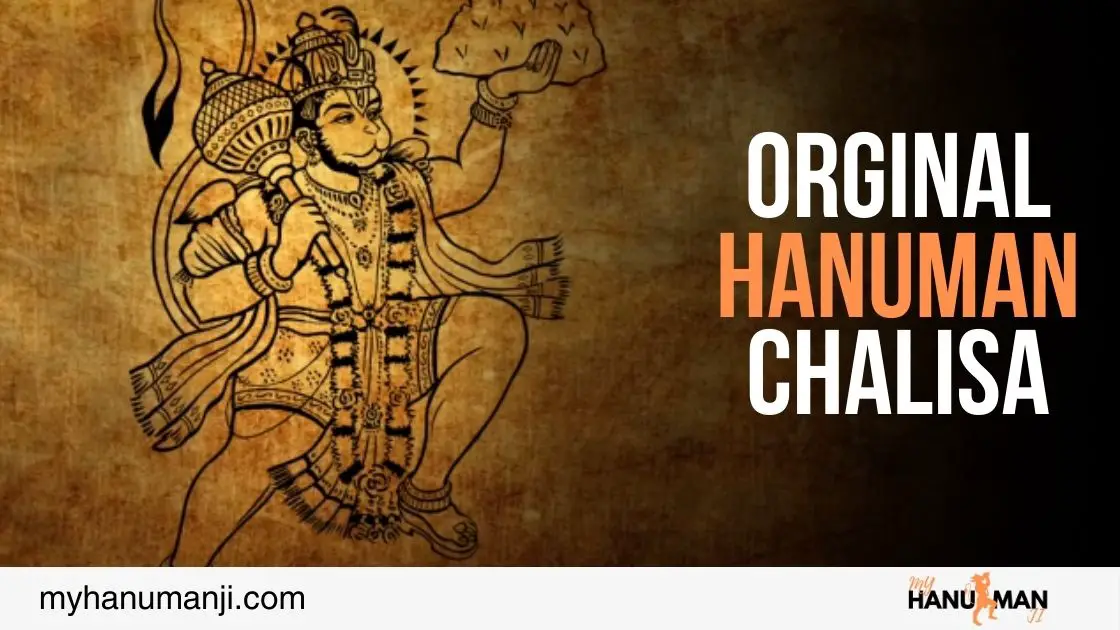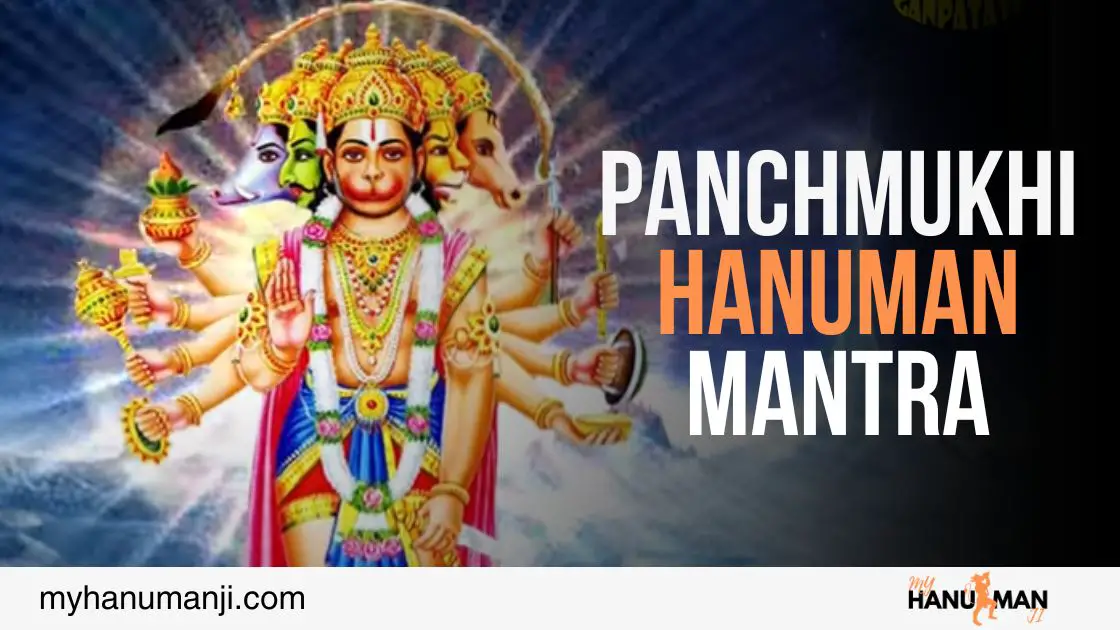Have you ever wondered who wrote the original Hanuman Chalisa? This famous Hindu devotional hymn dedicated to Lord Hanuman has been recited by millions of people around the world. Its powerful verses are believed to invoke the blessings and protection of Lord Hanuman. In this blog, we will explore the origins of the Hanuman Chalisa and the story behind its creation.
I. The Origins of the Hanuman Chalisa:
The Hanuman Chalisa was composed by the great Indian saint and poet, Goswami Tulsidas. Tulsidas was born in 1532 in a small village in Uttar Pradesh, India. He was a devotee of Lord Rama and dedicated his life to spreading the teachings of the Ramayana, an ancient Hindu epic.
Tulsidas was inspired to write the Hanuman Chalisa after having a vision of Lord Hanuman. According to legend, Tulsidas was facing many challenges in his life and sought the guidance of Lord Hanuman. In his vision, Lord Hanuman appeared before him and blessed him with divine knowledge. Tulsidas was then inspired to write the Hanuman Chalisa as a way to express his devotion and seek the blessings of Lord Hanuman.
II. The Story Behind the Hanuman Chalisa:
Now we know who wrote who wrote the original Hanuman Chalisa? But it is important to know thehe story behind the Hanuman Chalisa is rooted in the epic tale of the Ramayana. Lord Hanuman, a devoted disciple of Lord Rama, played a crucial role in the rescue of Rama’s wife, Sita, from the clutches of the demon king, Ravana.
During the battle between Lord Rama’s army and Ravana’s forces, Lord Hanuman displayed his extraordinary powers and unwavering devotion. He leaped across the ocean, defeated powerful demons, and even carried the entire mountain of healing herbs to save Lord Rama’s brother, Lakshmana.
Impressed by Lord Hanuman’s devotion and loyalty, Lord Rama bestowed upon him the boon of immortality. Lord Hanuman is revered as a symbol of strength, courage, and devotion in Hindu mythology.
III. The Composition of the Hanuman Chalisa:
The Hanuman Chalisa consists of forty verses, written in the Awadhi language, a dialect of Hindi. Each verse is composed in a specific meter and rhythm, making it easy to recite and remember. The verses of the Hanuman Chalisa praise the qualities and achievements of Lord Hanuman and seek his blessings for protection and guidance.
The Hanuman Chalisa is widely recited by devotees of Lord Hanuman, especially on Tuesdays and Saturdays, which are considered auspicious days for Hanuman worship. It is believed that reciting the Hanuman Chalisa with devotion and sincerity can bring about positive changes in one’s life and help overcome obstacles.
Conclusion
In conclusion, the Hanuman Chalisa is a powerful hymn composed by Goswami Tulsidas to express his devotion and seek the blessings of Lord Hanuman. It has become a cherished prayer for millions of people around the world and continues to inspire faith, courage, and devotion.




